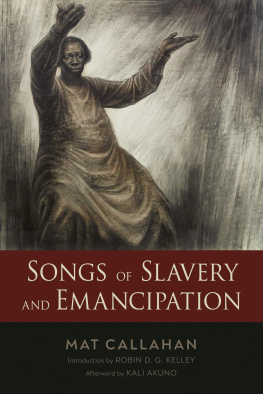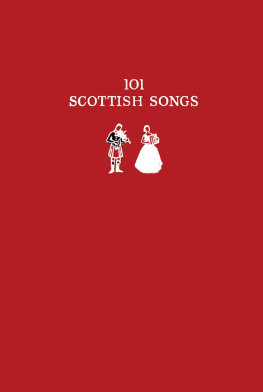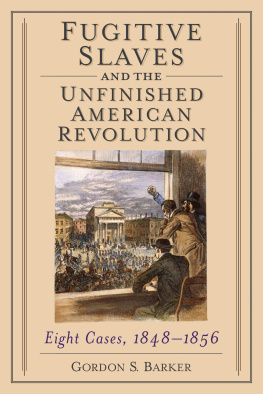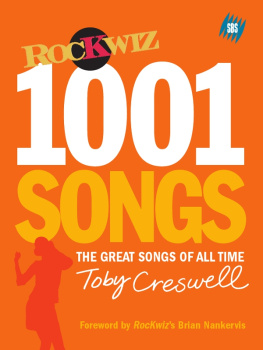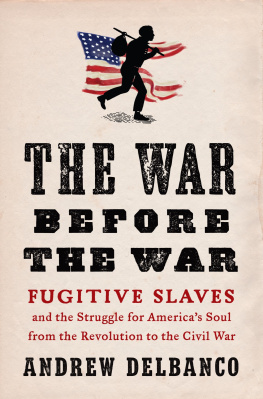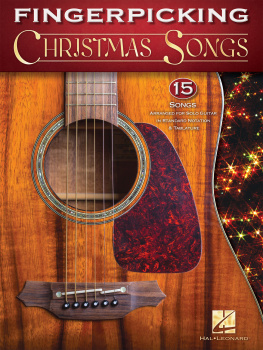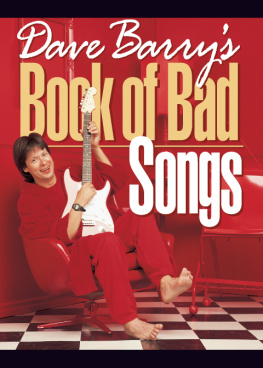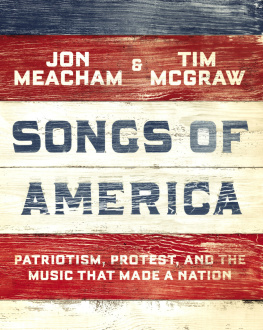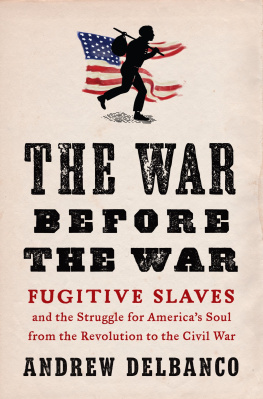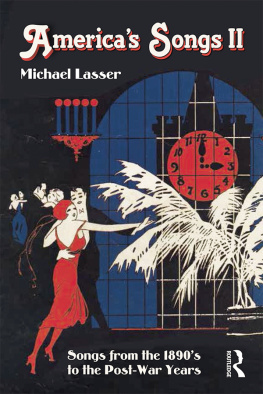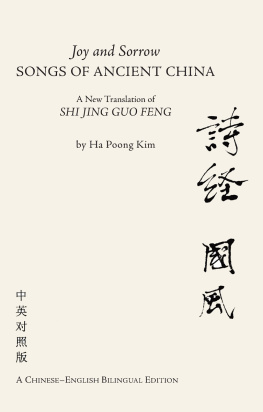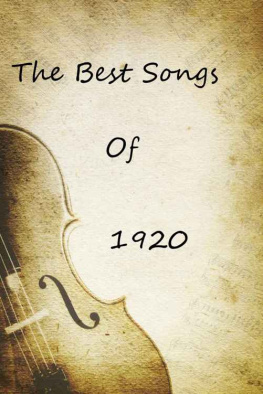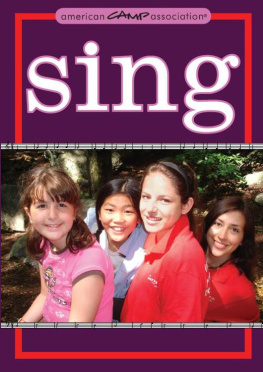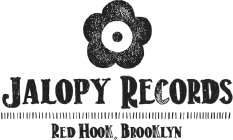Contents
Page List
Guide

SONGS OF SLAVERY AND EMANCIPATION
SONGS OF SLAVERY AND EMANCIPATION
MAT CALLAHAN
INTRODUCTION BY Robin D. G. Kelley
AFTERWORD BY Kali Akuno
UNIVERSITY PRESS OF MISSISSIPPI / JACKSON
Margaret Walker Alexander Series in African American Studies
The University Press of Mississippi is the scholarly publishing agency of the Mississippi Institutions of Higher Learning: Alcorn State University, Delta State University, Jackson State University, Mississippi State University, Mississippi University for Women, Mississippi Valley State University, University of Mississippi, and University of Southern Mississippi.
www.upress.state.ms.us
The University Press of Mississippi is a member of the Association of University Presses.
Any discriminatory or derogatory language or hate speech regarding race, ethnicity, religion, sex, gender, class, national origin, age, or disability that has been retained or appears in elided form is in no way an endorsement of the use of such language outside a scholarly context.
Copyright 2022 by Mat Callahan
Introduction Robin D. G. Kelley
Afterword Kali Akuno
Negro Slave Revolts in the United States, 15261860 (1939) by Herbert Aptheker reprinted by permission of International Publishers.
All rights reserved
Manufactured in the United States of America
First printing 2022
Library of Congress Cataloging-in-Publication Data
Names: Callahan, Mathew, 1951 author.
Title: Songs of slavery and emancipation / Mat Callahan ; introduction by Robin D. G. Kelley ; afterword by Kali Akuno.
Other titles: Margaret Walker Alexander series in African American studies.
Description: Jackson : University Press of Mississippi, [2022] | Series: Margaret Walker Alexander series in African American studies | Includes bibliographical references and index.
Identifiers: LCCN 2022004673 (print) | LCCN 2022004674 (ebook) | ISBN 9781496840172 (hardback) | ISBN 9781496840189 (trade paperback) | ISBN 9781496840196 (epub) | ISBN 9781496840226 (epub) | ISBN 9781496840219 (pdf) | ISBN 9781496840202 (pdf)
Subjects: LCSH: Spirituals (Songs)United StatesHistory and criticism. | SlaveryUnited StatesSongs and musicHistory and criticism. | SlavesUnited StatesSongs and musicHistory and criticism. | African AmericansMusicHistory and criticism.
Classification: LCC ML3556 .C35 2022 (print) | LCC ML3556 (ebook) | DDC 782.42089/96073dc23/eng/20220331
LC record available at https://lccn.loc.gov/2022004673
LC ebook record available at https://lccn.loc.gov/2022004674
British Library Cataloging-in-Publication Data available
Publication of this book was supported in part by the Rosa Luxemburg Stiftung New York Office with funds from the German Foreign Office (AA) and by the Frderbeitrag 2017 von Kanton und Stadt Schaffhausen.
HEAR THE MUSIC
The companion to Songs of Slavery and Emancipation is available as a double album on CD and digital download from Jalopy Records.
The album includes thirty-one new recordings of the songs in the book, produced by Mat Callahan. It features numerous musicians performing the songs in a traditional style, plus a seventy-two-page liner notes booklet with complete lyrics, historic images, and more information about the recordings.
Listen and order at JalopyRecords.org.
CONTENTS
by Robin D. G. Kelley
by Kali Akuno
by Herbert Aptheker
PREFACE
SONGS OF SLAVERY AND EMANCIPATION IS, FIRST, A COLLECTION OF SONGS composed and sung by slaves either preparing for or commemorating revolt and resistance. To this collection is added songs of the abolitionist movement dedicated to eradication of the slave system. Many of the abolitionist songs were composed by fugitives escaping slavery or free Black people and were widely disseminated in the northern states between the American Revolution and the Civil War. To bring these songs to life, I have chosen a representative sample, arranged musical accompaniment, and made recordings. The result is a musical and historical document available for the first time to the general public. What began in 2015 with my discovery of a song composed by slaves planning an insurrection in 1813 has come to fruition with two hours of recorded music, a film documentary, and publication of this book. In the pages that follow, the story of that discovery and the journey that led to finding all thirty songs in this collection will be recounted. The contributions of Robin D. G. Kelley and Kali Akuno provide historical background and contemporary relevance.
As is well known, the Atlantic trade in African slaves lasted four hundred years. From beginning to end and throughout the Americas, enslaved people organized resistance, escape, and open rebellion. Sustaining them in this long struggle was their music, some examples of which are sung to this day. Historically and musically, this took particular form in the United States. Yet, while the existence of slave songs, especially Negro spirituals, is widely heralded, their character is often obscured by misunderstanding. Slave songs were not only lamentations of suffering or a beseeching of God for deliverance. Nor, conversely, were the jovial banjo and fiddle tunes for which the slaves were so admired and imitated only distractions from a life of misery. The evidence presented here shows that, at least as early as the American Revolution, there were slave songs openly calling for liberty and revolution. Furthermore, there are songs celebrating heroes such as Gabriel Prosser and Nat Turner, as well as, and above all, songs celebrating the Haitian Revolution.
While the foundation and driving force were always the struggle of enslaved people themselves, the fight for freedom included free Black people and their white counterparts. This broad effort brought forth a second group of songs that were widely disseminated at the time but are now largely forgotten. These are the songs of the abolitionists, the first of which appeared in the eighteenth century and continued to be written and sung until the Civil War. Following the American Revolution, the abolitionist movement expanded rapidly, publishing songbooks to be used at public meetings. These songs not only express outrage at the condition of slavery, but call for militant resistance and the ultimate destruction of the slave system. Many such songs had musical accompaniment presented in tablature and can thus be reconstructed and performed as originally intended. There can be no doubt as to their purpose: the abolition of slavery, the emancipation of African American people, and a clear and undeniable demand for equality and justice for all humanity.
Part I
DISCOVERY AND AUTHENTICATION
INTRODUCTION
ROBIN D. G. KELLEY
To those songs I trace my first glimmering conception of the dehumanizing character of slavery. I can never get rid of that conception. Those songs still follow me, to deepen my hatred of slavery, and quicken my sympathies for my brethren in bonds.
FREDERICK DOUGLASS, NARRATIVE OF THE LIFE OF FREDERICK DOUGLASS

